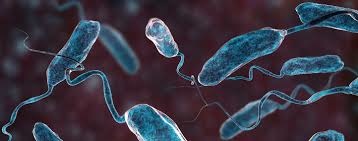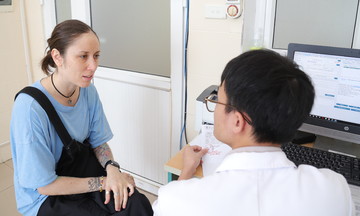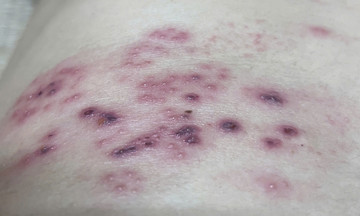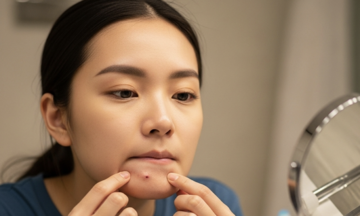Dr. Nguyen Ba My Nhi, director of the Obstetrics and Gynecology Center at Tam Anh General Hospital System in Ho Chi Minh City, says many women over 40 experience irregular periods that eventually stop for unknown reasons. While some may attribute this to early menopause, it can actually be caused by surgical complications or underlying gynecological conditions.
To determine the cause of amenorrhea, doctors conduct examinations. If it occurs after age 50, it's often due to natural menopause. As the ovaries cease to function and stop producing hormones, menstruation ends. This can also occur in cases of premature ovarian insufficiency (before age 40), leading to symptoms like hot flashes, vaginal dryness, mood swings, and fertility issues. Symptoms such as difficulty sleeping, waking up during the night, unexplained fatigue, and sadness can be signs of perimenopause and natural menopause.
Gynecological conditions can also cause periods to stop. Doctors categorize these into two main groups: primary and secondary amenorrhea. Primary amenorrhea occurs when a woman has never had a period, often due to congenital genital tract abnormalities, being born with ovaries but no uterus, or having an underdeveloped uterus.
Secondary amenorrhea happens in women who previously menstruated but have stopped. This can be caused by damage to the uterine lining, abortion, polycystic ovary syndrome (PCOS), chronic stress, sudden weight changes, thyroid disease, or the use of hormonal medications.
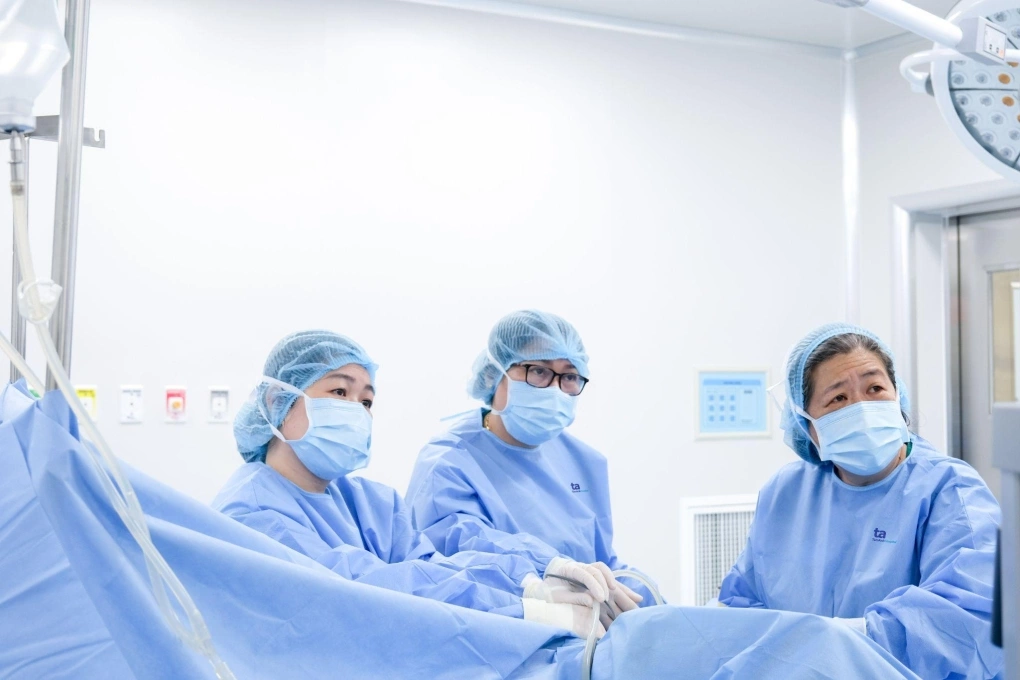 |
Dr. My Nhi (right) performs surgery on a patient with secondary amenorrhea caused by uterine adhesions. Photo: Tue Diem |
To pinpoint the cause of amenorrhea, doctors take a detailed medical history and may order tests, including hormone level checks (FSH, LH, estradiol) to assess ovarian function, ultrasounds of the uterus and ovaries to detect cysts, PCOS, or uterine adhesions, blood tests, and thyroid function tests.
Dr. My Nhi advises women under 45 experiencing prolonged amenorrhea to seek medical evaluation. For premature menopause, hormone therapy may be necessary to protect their health until they reach the average age of menopause. If a gynecological condition is diagnosed, prompt intervention is crucial to prevent long-term complications.
Tue Diem
| Readers can submit questions about pregnancy and childbirth here for doctors to answer. |






